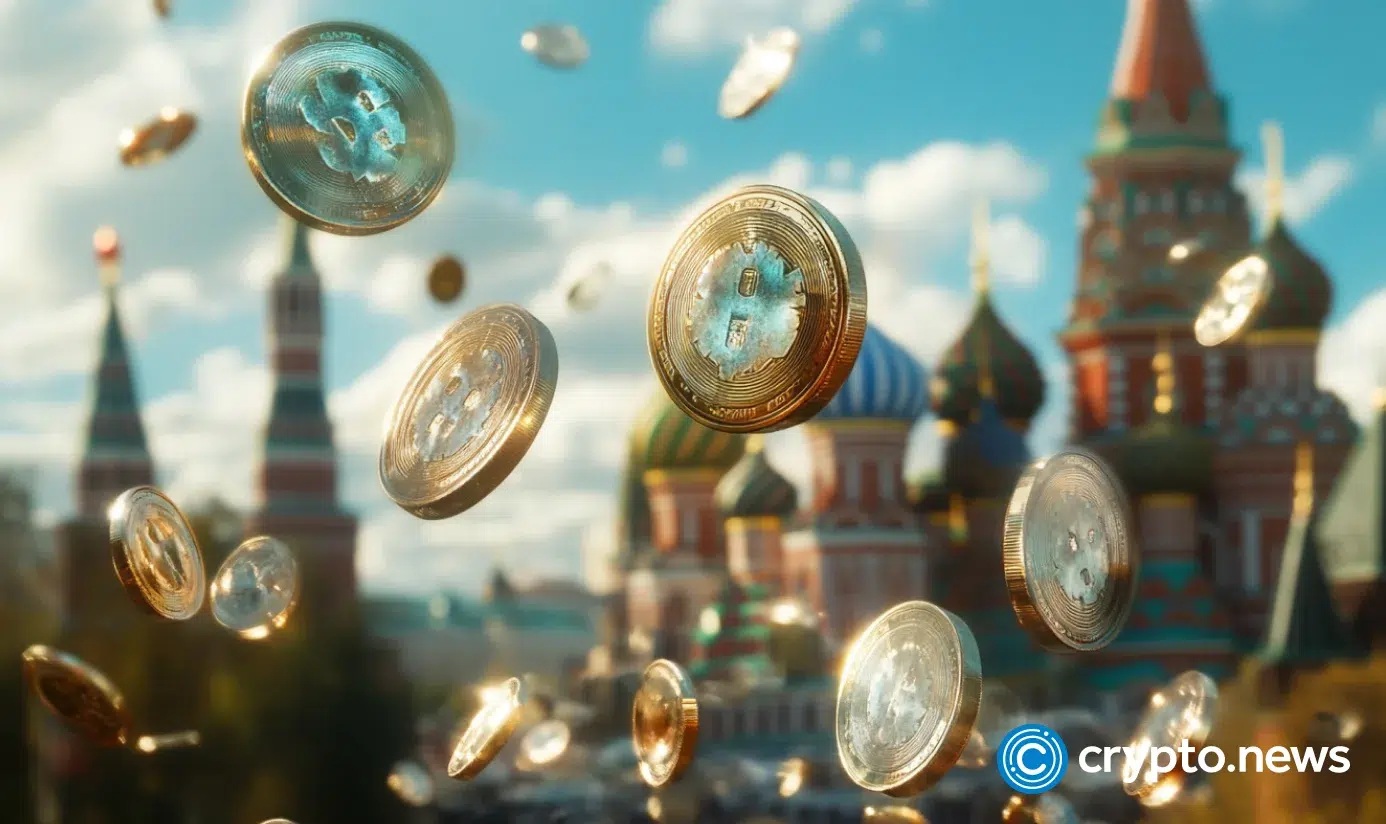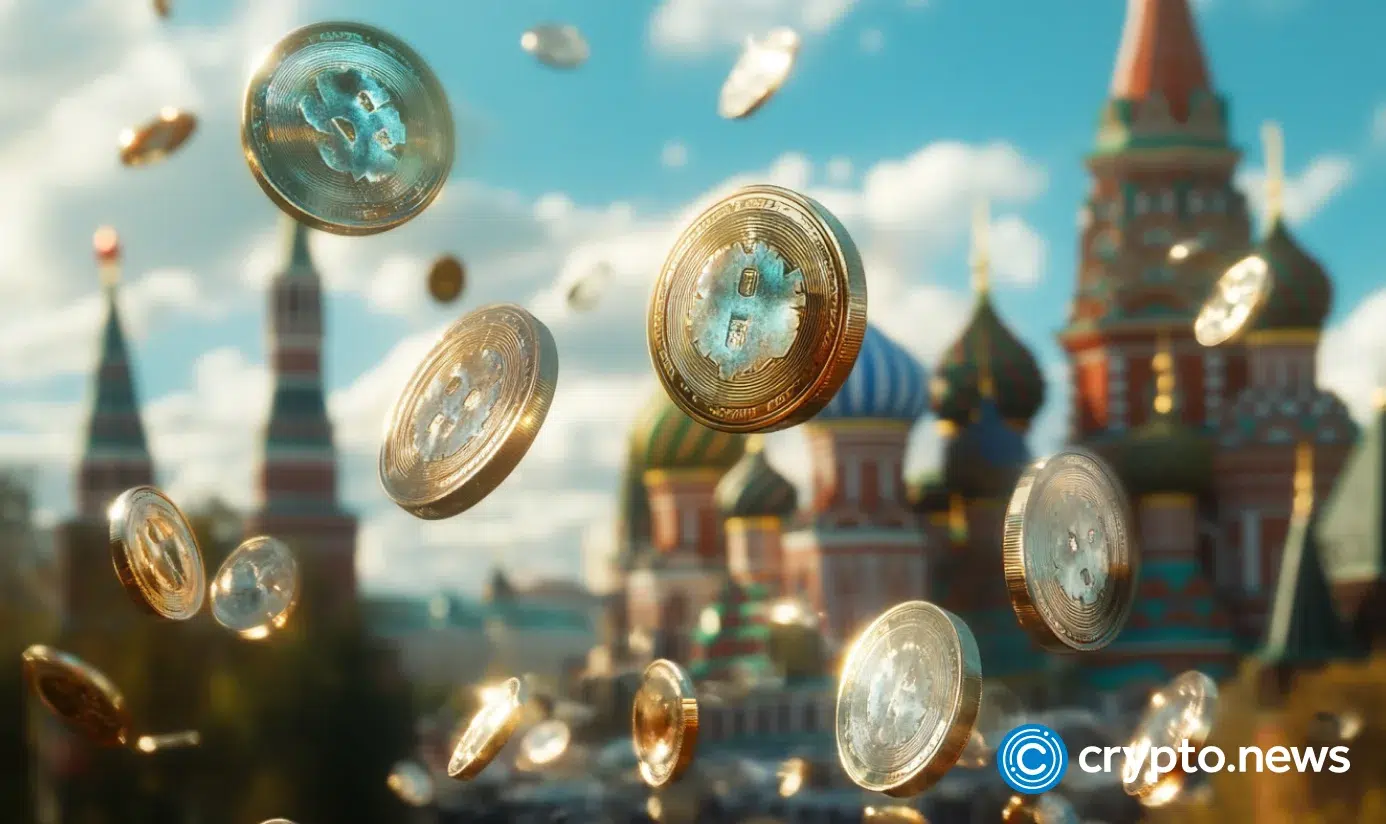

In a move that could affect Russia’s crypto ambitions, the EU has blacklisted the A7A5 stablecoin tied to the state.
Summary
- The European Union has adopted its 19th sanctions package, targeting the Russia-linked A7A5 stablecoin and its developers.
- The sanctions include a full ban on transactions involving A7A5 across the EU.
- A Paraguay-based exchange linked to the token’s trading was also blacklisted for aiding sanction evasion.
The European Union has rolled out its 19th round of sanctions targeting Russia, introducing sweeping economic restrictions aimed at sectors fueling Moscow’s ongoing invasion of Ukraine. Among the newly targeted areas is cryptocurrency, with the EU alleging in the Oct 23 report that Russia is turning to digital assets to evade financial sanctions.
As part of the latest package, the bloc has moved to ban the A7A5 stablecoin, a ruble-backed digital asset developed with support from the Russian state. The EU also blacklisted the developer of the stablecoin, the Kyrgyz issuer behind the ruble-backed token, and the operator of a platform where A7A5 was actively traded.
For the first time, transactions involving the stablecoin have been outright banned across the EU. Authorities have also sanctioned a Paraguay-based crypto exchange that played a significant role in facilitating Russia’s crypto transactions through A7A5 and other digital assets.
The crackdown reflects growing concern over how Russia is leveraging crypto assets to bypass financial restrictions imposed by Western allies. According to recent reports, A7A5 has facilitated over $15 billion in covert transactions, helping Moscow sustain its war effort while avoiding the scrutiny of the traditional banking system.
To further clamp down on these efforts, the EU has also banned its own operators from offering crypto and fintech services that could enable Russia to develop an alternative financial network. The move is aimed at closing loopholes that have allowed sanctioned entities to operate under the radar.
Russia moves to embrace crypto amid mounting sanctions
The latest ban comes just after Russia’s Finance Minister Anton Siluanov announced plans to legalize cryptocurrency in foreign trade, acknowledging crypto’s potential to move capital internationally while bypassing the traditional financial system. Siluanov emphasized the need for stronger regulation but framed legalization as a necessary step for economic flexibility.
The EU’s sanctions on A7A5 could disrupt Russia’s broader crypto ambitions. The stablecoin has become a backbone of cross-border crypto transactions for the Russian state and affiliated actors. Cutting off access to A7A5 and placing regulatory pressure on offshore exchanges may limit Moscow’s ability to fund its economy through digital currencies.

Source link

